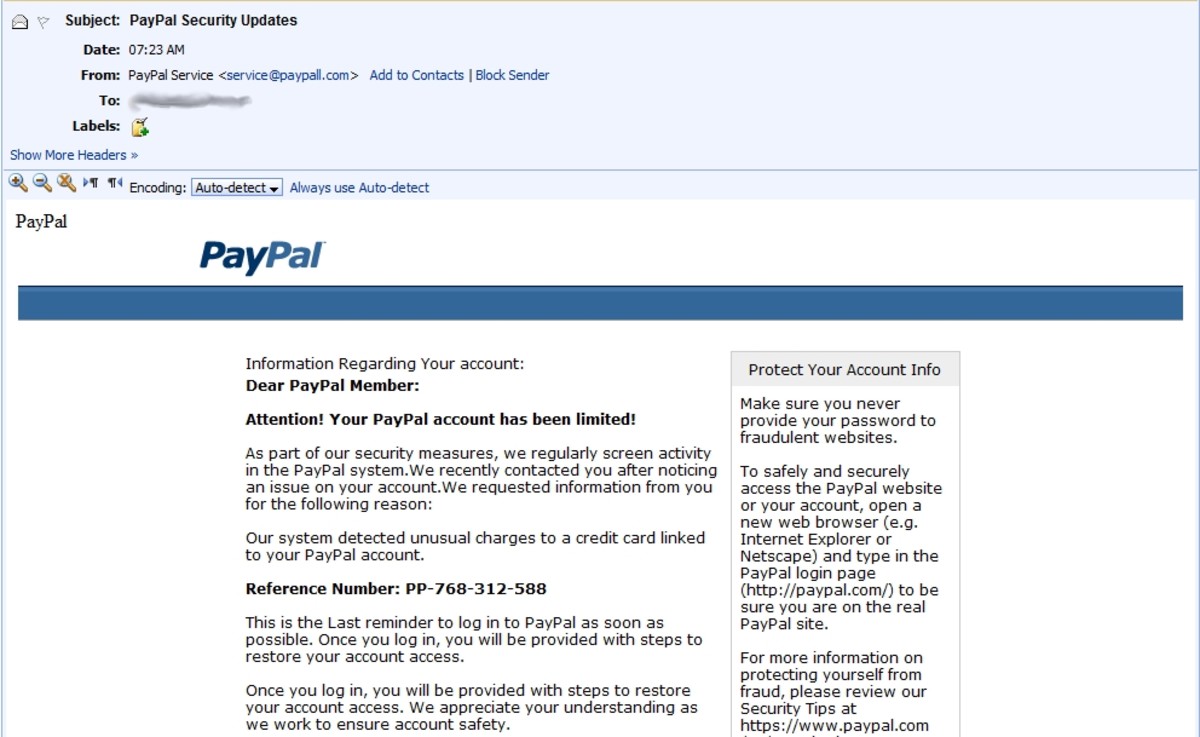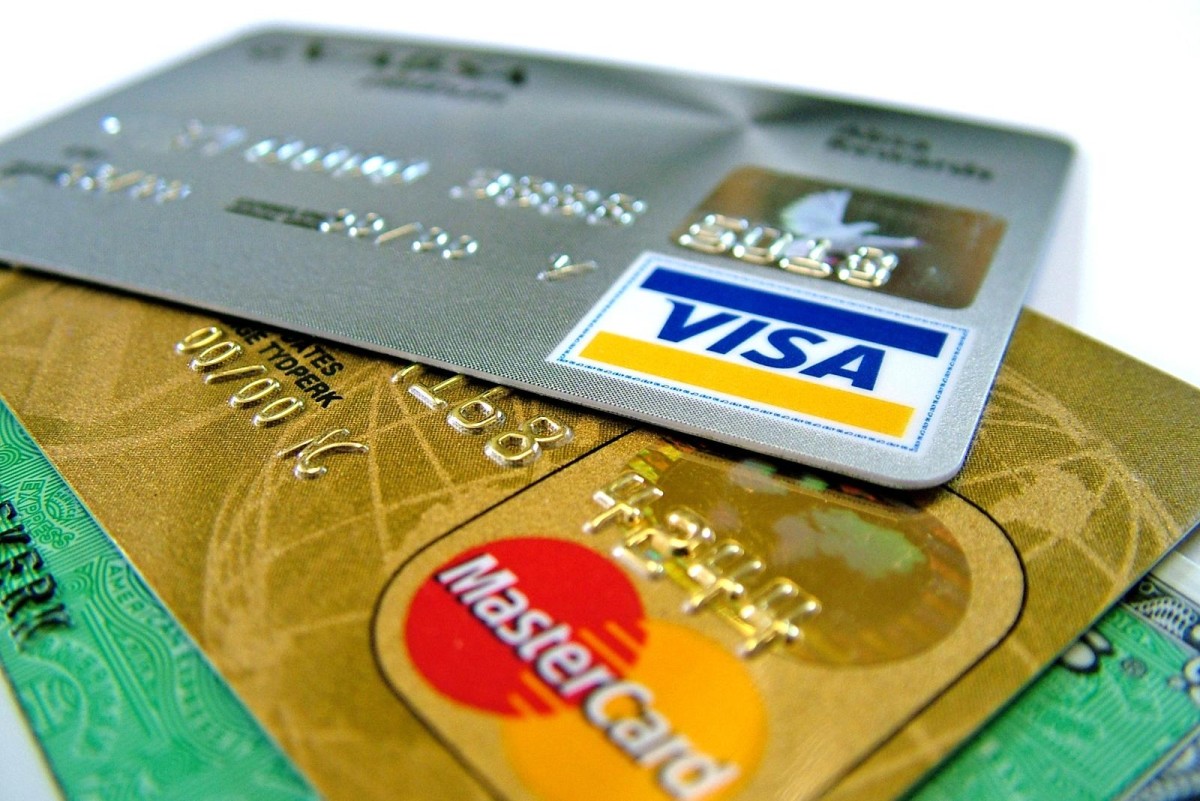The Eight Basic Scams


Charles Ponzi Circa 1910

As our economy tightens reports of scams become more prevalent. Unfortunately, those least able to afford it, senior citizens on a meager fixed income, tend to be the most targeted. Although scam artists will prey on anyone if there is a buck to be made. The greedy have always found ways to cheat the public.
Basically scams amount to nothing more than outright fraud and they come in many disguises. It’s been said there are no new scams, just new suckers. They can be something as simple as a garage mechanic installing new shock absorbers on a little old grandmother’s car when she doesn’t need them. Or they can be a multi trillion dollar debacle like the “Ponzi scheme.” It was so named after Charles Ponzi, an Italian businessman and con artist in the U.S. and Canada. Ponzi promised clients a 50% to 100% profit within 90 days, by buying discounted postal reply coupons in other countries and redeeming them at face value in the United States.
The word "scam" is a relatively new addition to the English language. Although its origin is shrouded in a somewhat murky past, researchers have traced its first use in a publication to a 1963 TIME magazine article. It’s thought to have originated as a slang word used by carnival employees.
Yesterday's con men are today's e-mail swindlers. Only today, their methods are different. They use dial-up and cable connections and hide in e-mail boxes and web sites. Or they may approach via telephone using fake, faceless identities.
However, there are ways to protect yourself. According to experts there are eight basic scam types. Learn how these work and you will be able to recognize when a scam is being attempted, no matter what new angle is put on them.



· Advance Fee Scams: Paying a fee in advance for a credit card, loan or scholarship is not wise. Either the scammer will disappear or send a bunch of worthless junk, for example, a list of banks offering credit cards. Never pay in advance for a credit card. Legitimate credit card companies charging a fee will include it in the first billing cycle after you have received the card.
Fake loan advertisements are another similar deception. The ads look legitimate and often use real financial institution logos. But the phone number listed will probably connect you to a scammer using a cell phone. The scammer takes your personal information, tells you where to wire any fee and then disappears with your money and identity. Likewise, some offer scholarship searches requiring an upfront fee. Most of this information can be found free of charge.
· Online auctions: Finding an an item priced well below market value, means it’s probably fake, stolen, in bad condition or was never intended to be delivered. Never pay by cash or money order since these forms of payment are untraceable. Also be wary of escrow companies since they can be easily faked. Escrow companies generally take payments and hold them until the item is received. However, auction scammers usually have set up a fake web site, meaning if you send any money you’ll probably never see the item. The best course of action is to always pay by credit card.
But regardless of how great a bargain something seems to be, never buy anything from someone who contacts you via instant messaging or e-mail. Naturally, you’ll be told they have the item you are bidding on and will offer it to you at a lower price. Of course payment is to be made through their fake web site. And by registering on their site, they’ll have all the information needed to steal your identity. Needless to say you’ll never receive the purchased item either.


· Contest Winners: If you didn’t enter any contest or lottery, how could you be a winner? These notifications should be deleted. There are several versions of this one. Here's how they work: To receive your prize you must first pay taxes or a handling fee. It’s guaranteed, if you fall for this one you’ll never hear from them again. Another spin on this is you’re notified you’ve won a hotel or resort stay. However, to claim your prize, you have to pay your own airfare, usually scheduled through the agency awarding the "prize." Naturally, your vacation stay is paid for by inflating the price of the airline ticket.
· Fraudulent Jobs: There are several different scams perpetrated using this old chestnut. The most popular include being recruited for an illegal job; identity theft through job applications, and phony employment fees.
These jobs are often of the work-at-home variety. One of the latest twists appearing on job boards involves receiving packages at your address and reshipping them overseas. In layman’s terms, the newly “hired” initially pays the shipping costs and is reimbursed with a rubber check. The packages end up being paid for with stolen or fake credit cards.
Information obtained from the “job application” also usually makes the prospective employee a victim of identity theft. To add insult to injury the information can also be used to apply for more credit cards. Some scammers don’t even bother with the reshipping idea at all and just tell the mark they’ve been hired and say they need more personal information for the Personnel Office. Never buy uniforms or pay anyone who promises employment for a fee. Uniform costs are usually deducted from paychecks. If an ad offers federal government job listings for a price, remember these jobs are announced freely to the public.
· Get Rich Quick Schemes: When people get desperate sometimes they will do almost anything to make money. These individuals are ripe for the common pyramid scheme and old “Nigerian Scam,” also known as the 419 scam. In a pyramid scheme, one person recruits several people to join a club or business. The only ones to make money are the ones at the top.
The Nigerian Scam usually comes by e-mail or sometimes even by regular mail. It usually tells of a huge lump sum of money they want to deposit in someone’s bank account and for assistance offer a percentage. Any checks received from this person are bound to be counterfeit. When the check is deposited instructions are given to send them their portion. Normally what occurs is the deposited check bounces after their share has been sent.
· Charity Scams:These schemes play on a person’s guilt and kindheartedness. Never give payment information to anyone claiming to be with a charity over the phone or by e-mail. Request they send information on their organization first. It’s also a good idea to check with the Better Business Bureau.
· Identity Theft: Nothing really new and usually only a name and Social Security number are required to pull it off. Attempts to acquire this information are collectively called “phishing” and can be obtained by most of the scams previously mentioned. Scammers have even stooped to sifting through garbage cans to find anything that might have bank account or Social Security numbers on it. This can even include those "pre-approved" for credit forms. That’s why shredders were invented.
Telemarketers and e-mail spammers may pretend to represent law enforcement, government agents or a business that protects accounts, online transactions or credit cards. Always ask for a number to call back and while they’re waiting check out the institution they claim to represent. If they’re legit, they won’t mind the wait. And last but not least there are those offers that sound:
· Too good to be True: Most of us have heard, “If it seems too good to be true, it probably is.” Also bear in mind that these kinds of offers aren't limited to the Internet or telemarketers. They can also be found in regular junk mail, magazines and even stores. By the way, there is a new product being developed called the Scam Cam, which allows the user to detect when a scam is being perpetrated. Anybody want to invest?








